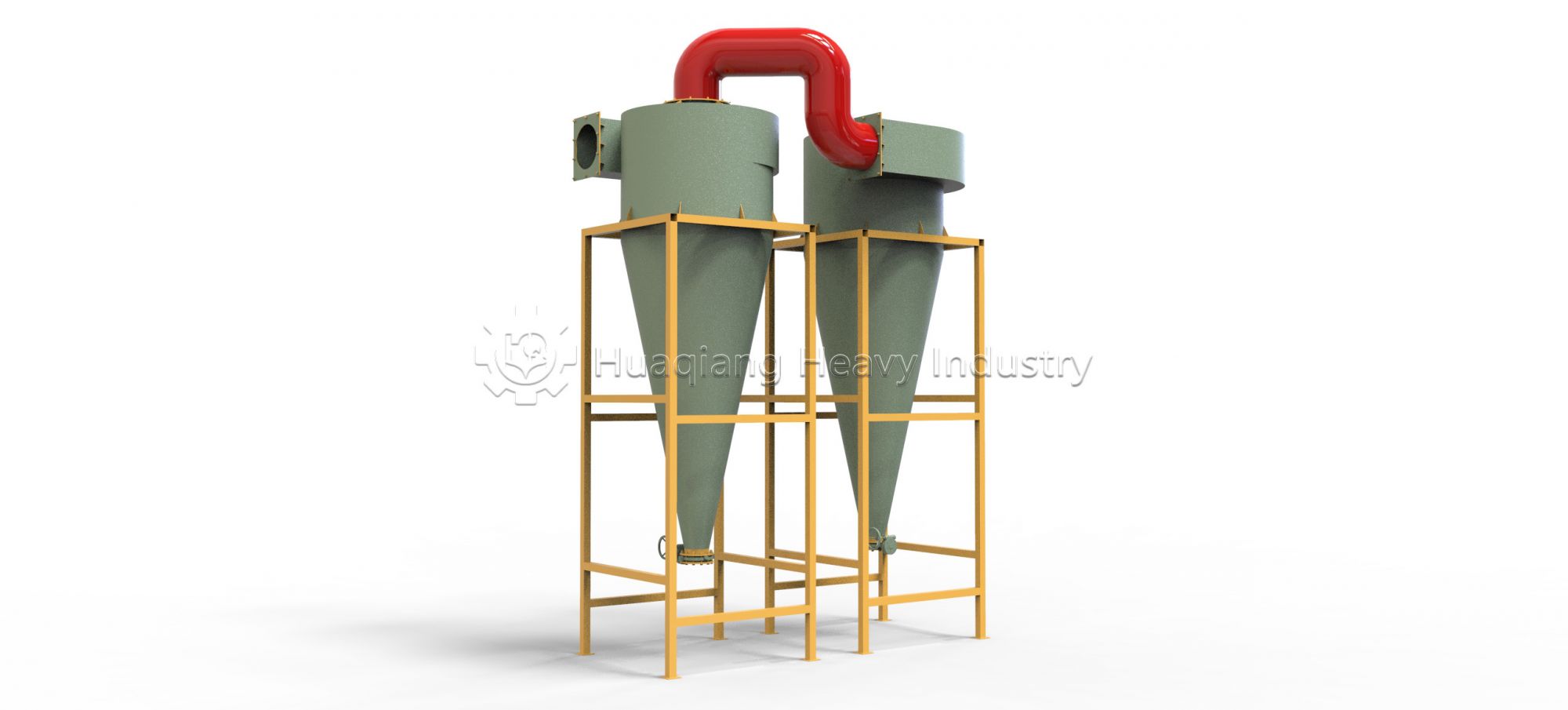2025-07-01

The dust removal system is crucial in both fertilizer production lines and NPK fertilizer production lines to ensure a clean and safe working environment. In a general fertilizer production line, it controls dust generated during crushing, mixing, and granulation processes. For NPK fertilizer production lines specifically, the system also handles potentially more hazardous dust from chemical compounds like nitrogen, phosphorus, and potassium. Proper dust management maintains product quality, prevents material loss, reduces equipment wear, and meets environmental regulations in both production scenarios.
A complete dust collection system consists of hoods, ducting, collectors, and fans designed to capture and process production dust. Fertilizer plants primarily use three technologies:
1. Baghouse Filters: High precision for fine dust
2. Cyclone Separators: Handles large particles with simple maintenance
3. Wet Scrubbers: Processes both dust and harmful gases

A cyclone dust collector is a key component of a dust removal system, using centrifugal force to separate and capture particles from air streams efficiently.
Dust issues in fertilizer production cannot be ignored:
|
Risk Type |
Specific Hazards |
Solution |
|
Explosion Risk |
Certain fertilizer dusts can explode at specific concentrations |
Continuous extraction to maintain safe dust levels |
|
Health Hazard |
Long-term dust inhalation causes occupational diseases |
Maintain dust concentration below 5mg/m³ in work areas |
|
Product Loss |
Dust escape means raw material waste |
High-efficiency collection with 99.9% recovery rate |
· Safety Assurance: Eliminates dust explosion risks
· Environmental Compliance: Meets increasingly strict emission standards
· Cost Savings: Recovered dust can be reused
· Equipment Protection: Reduces mechanical wear and extends lifespan
Modern plants adopt a "multi-stage collection" strategy:
1. Source Control: Collection points at crushing, mixing stations
2. Process Management: Enclosed conveyors with local collectors
3. Final Treatment: Centralized system for unified purification